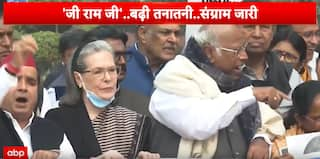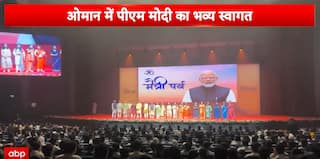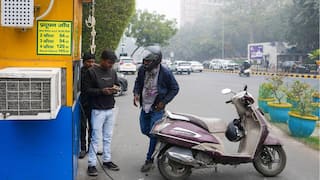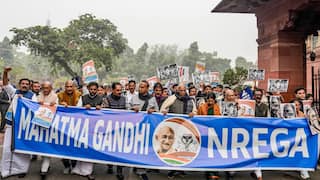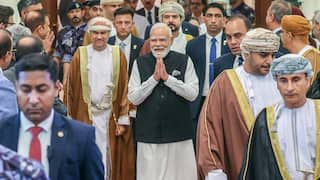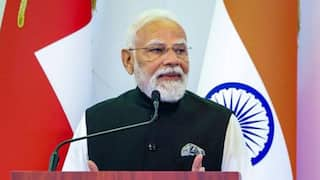Indus Waters Treaty: Pakistan Creating Hurdles In Power Projects, Says Union Minister Jitendra Singh
The minister made the comment after Pakistan was given notice that the Indus Waters Treaty needed to be modified since Islamabad's actions had negatively impacted its provisions.

Union Minister Jitendra Singh on Saturday alleged Pakistan has been creating unwanted hurdles in the power projects Kishanganga (330 megawatts) and Ratle (850 megawatts) as India is not stopping the flow of water but only using it for the power projects, news agency ANI reported. Both projects will be built in Jammu and Kashmir.
The minister made the comment after Pakistan was given notice that the Indus Waters Treaty needed to be modified since Islamabad's actions had negatively impacted its provisions.
While talking to the media, he said, "The India-Pakistan Indus Waters Treaty was finalized in the year 1960 and as a result of that treaty, there was an understanding between the two countries India and Pakistan. There would be sharing three of the rivers each. Whereas Jhelum, Chenab, and Indus Waters went to the Pakistan's share and Ravi, Sutlej and Beas were India's share and this was a very solemn undertaking. It was accomplished at the time when President Mohammad Ayub Khan was at the helm of affairs in Islamabad. But time and again Pakistan has sought to raise some of the other controversies. Now the latest issue is that of the two projects that are coming in the Union Territory of Jammu and Kashmir one of them incidentally comes in my own Lok Sabha Constituency in the place called Kishtwar. Now, this is a project called Ratle Project."
According to Singh, the previous UPA administration delayed the Shahpur Kandi Project on the Ravi River for 40 years and the Kishtwar Project for the last eight years.
He said, "It had been stalled for almost a decade by the earlier UPA government. After tremendous efforts, it was revived and now it is being undertaken as a joint venture between the Centre and the UT govt. On the other hand, Kishanganga Project, Now, Pakistan is trying to put out the case as if it is a violation of the Indus Waters Treaty which is not so because the Indus Waters Treaty gives you the right over the water share but it does not prevent the other country from any activities which are non-consumptive, that does not consume water. So merely the constructing of that project is not going to consume the water of these rivers."
In light of Pakistan's actions, the Indian government has decided to reorganise the Indus Waters Treaty and write to Pakistan to reorganise the Indus Waters Treaty, which is a significant move in this topic.
According to him, Pakistan has been contacted about this issue and the Ministry of External Affairs will take the appropriate steps.
According to reports, the notice for modification is intended to provide Pakistan the chance to engage in intergovernmental consultations within 90 days to address the IWT's material breach. Additionally, IWT would be updated during this procedure to include the knowledge gained over the previous 62 years.
(With ANI inputs)












